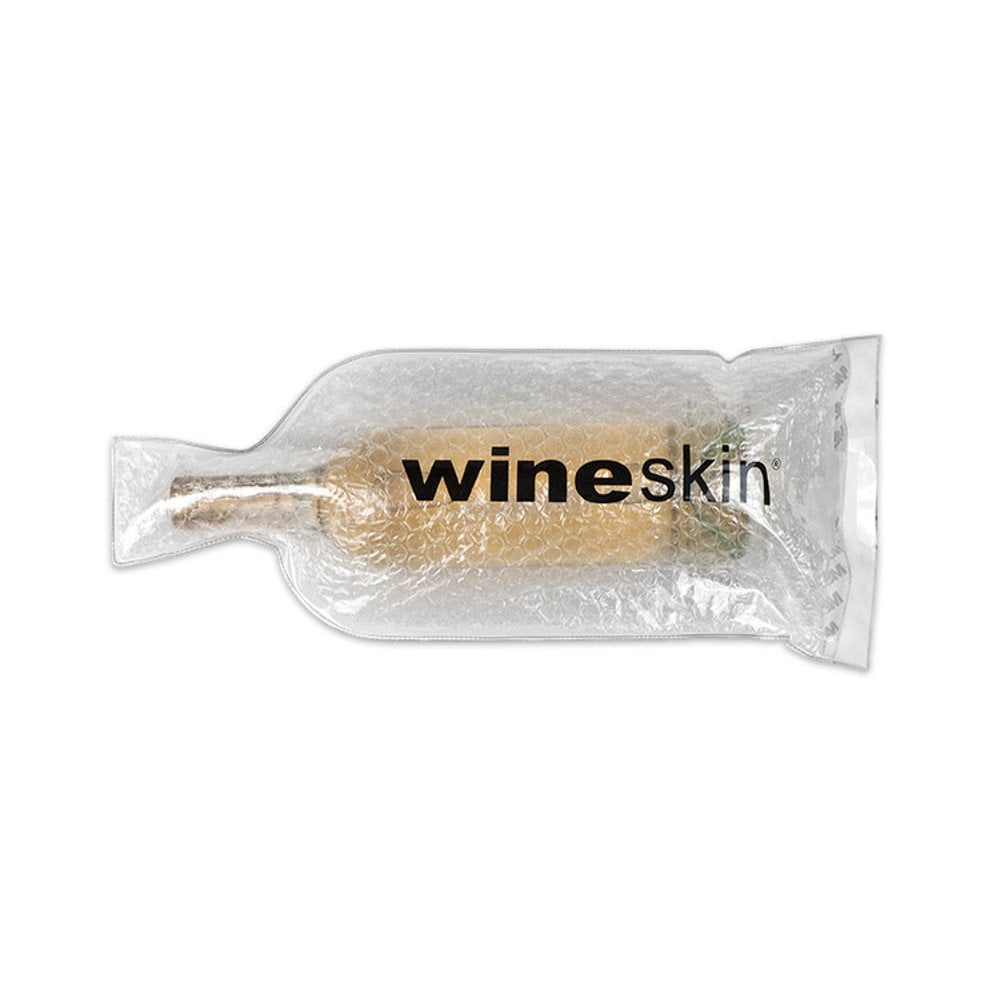

If John (or anyone else) tried to make sense of it through a lens of old expectations and regulations, they'd miss the amazing thing that was happening. He was here to do something completely new. Jesus was making a very specific point to John the Baptist. As the wine expanded, the new skins would stretch to accommodate it. This is why new wine needed to be preserved in new wineskins. Fermented drinks like wine expanded, and since an old wineskin would already be stretched to its limit, the new wine would tear the seams. In Jesus's day, people used animal skins-like goatskin-for storing liquids. New wine and old wineskinsīecause we're unfamiliar with ancient practices, sometimes it's difficult for modern readers to understand Jesus's parables. No, they pour new wine into new wineskins, and both are preserved" (Matthew 9:16–17).

If they do, the skins will burst the wine will run out and the wineskins will be ruined. Neither do people pour new wine into old wineskins.
#Wineskin bag Patch
"No one sews a patch of unshrunk cloth on an old garment, for the patch will pull away from the garment, making the tear worse. And then Jesus offers one of the parables that He'll come to be known for: Jesus promises that the time for mourning was coming, but this wasn't it. A wedding celebration isn't the time for denying oneself it's a time for celebrating. The Jewish people linked fasting to mourning. Like the preacher in Ecclesiastes, Jesus tells John's disciples that there is a time for everything. Jesus answered, "How can the guests of the bridegroom mourn while he is with them? The time will come when the bridegroom will be taken from them then they will fast" (Matthew 9:14–15). Then John's disciples came and asked him, "How is it that we and the Pharisees fast often, but your disciples do not fast?" At one point, Matthew tells us about this exchange: But even before that dramatic moment, John was desperately trying to understand what was happening. And he was hearing that Jesus was gathering with sinners, feasting and drinking (Matthew 11:18–19), and not following the rules of the Pharisees.Įventually, John would send his disciples to ask Jesus if He is indeed the Messiah, or if Israel should be looking for someone else (Matthew 11:2–6). The prophet had led an ascetic lifestyle, denying himself choice foods, alcohol, and fine clothes (Luke 1:15, Mark 1:6).

These reports must have been troubling for John. While he sat in prison, his disciples would come back and give him reports about what Jesus was doing. The prophet had publicly called out Herod Antipas-the tetrarch of Galilee and Perea-for his various sins, including the taking of his brother's wife. After identifying Jesus as the Lamb of God and baptizing Him in the Jordan, John the Baptist found himself in prison.


 0 kommentar(er)
0 kommentar(er)
